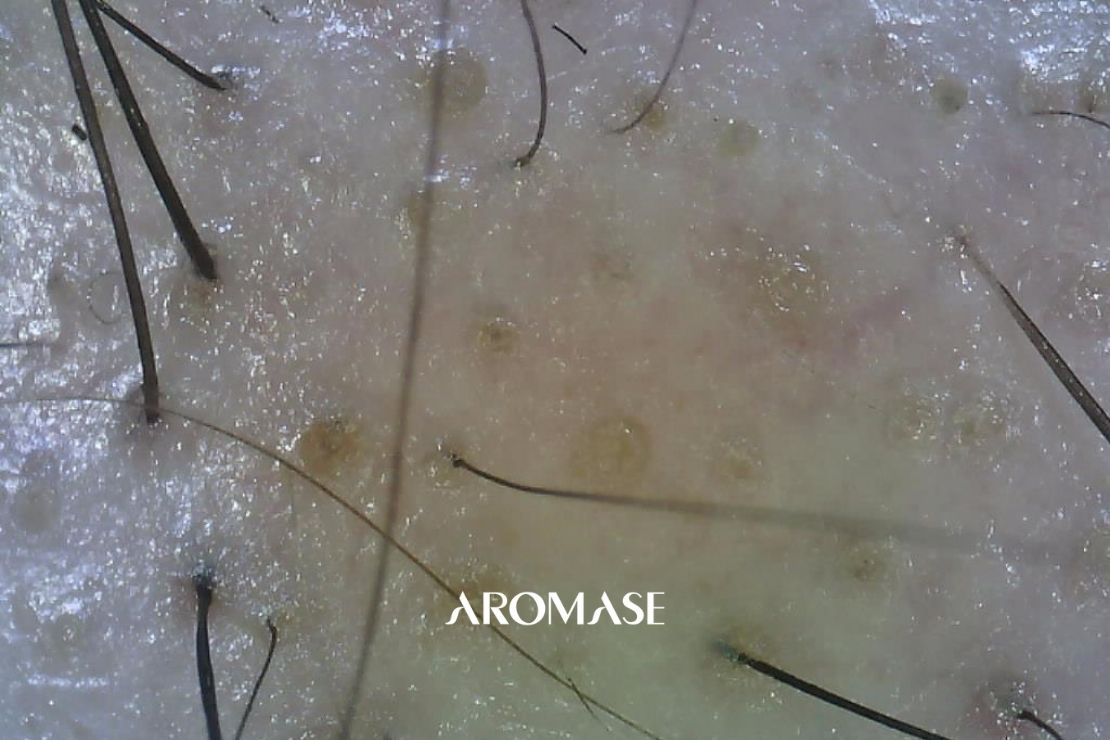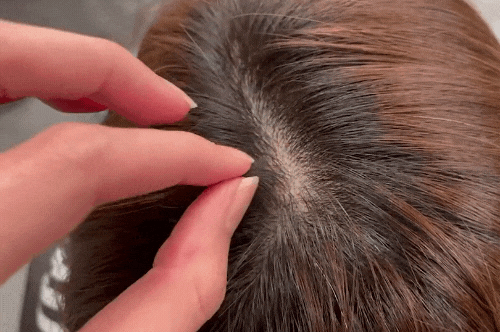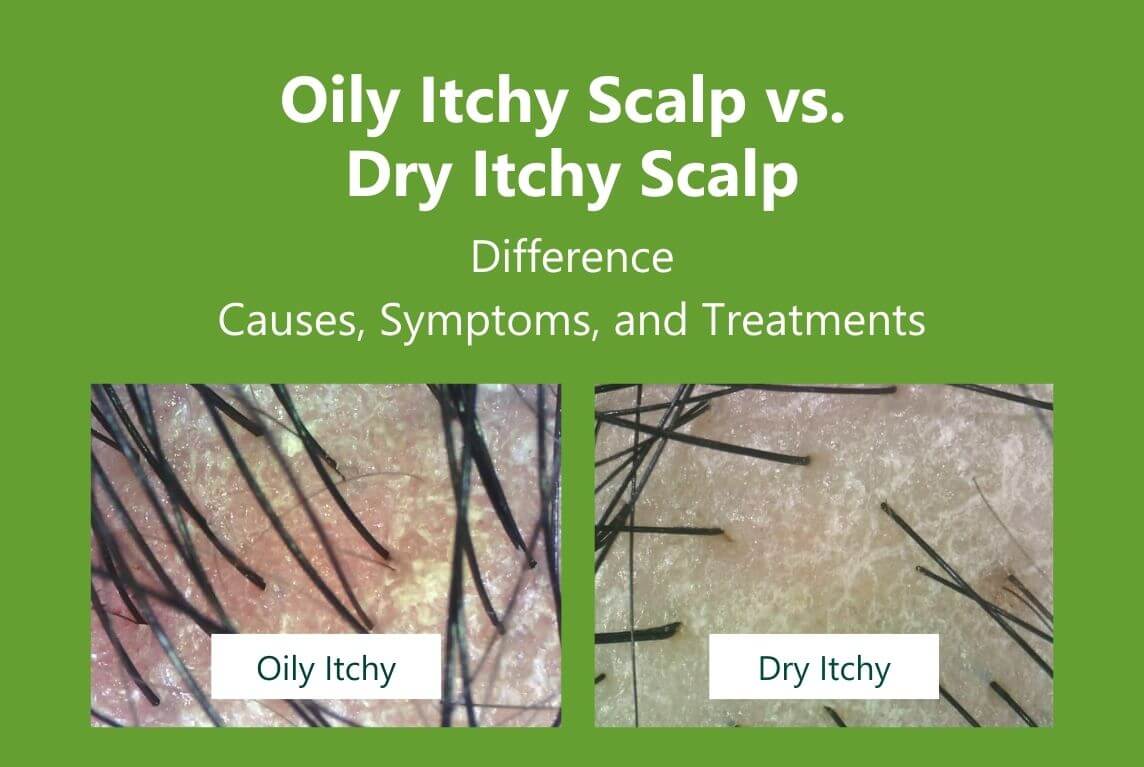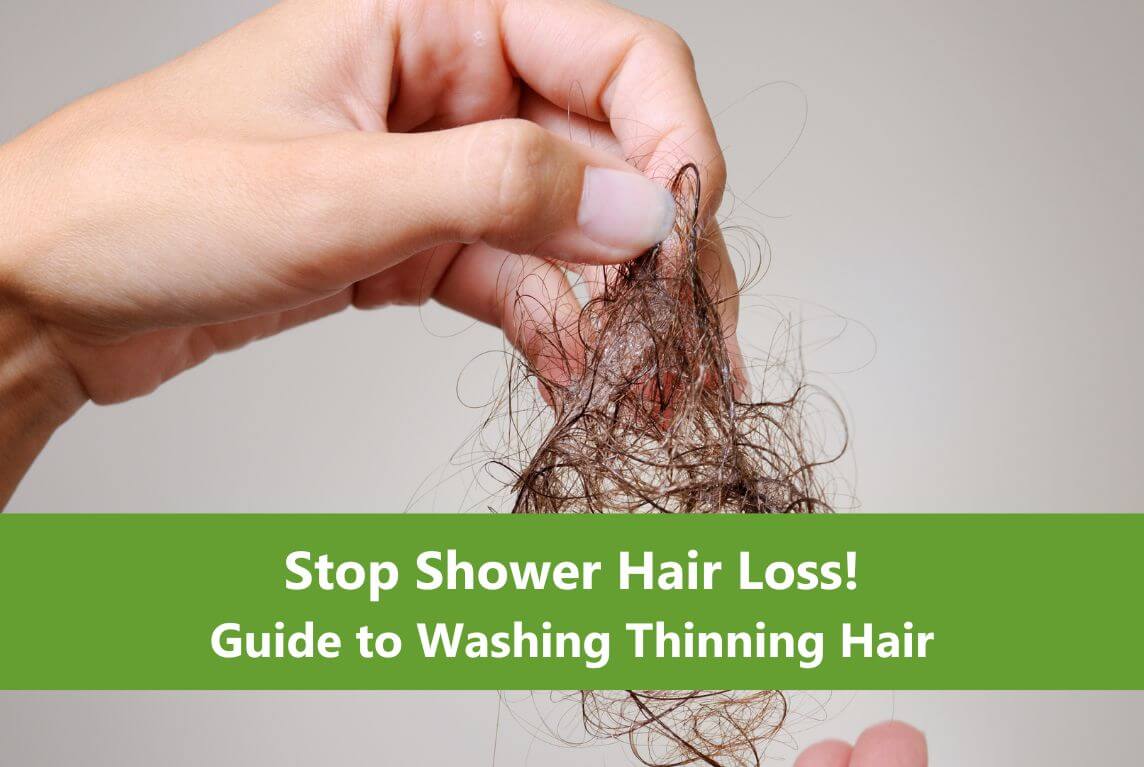Why is there a bald scalp patch on my head? What’s happening?
If you are experiencing this type of hair loss, the first thing you could do is being RELAX.
Okay! I know you might get a bit confused here, thinking about how I can relax after having bald patches? Let’s understand what’s going on with this type of baldness.
What is Scalp Spot Baldness ( Alopecia Areata ) ?
- Spot baldness is called alopecia areata in medical terms.
- Occurs both in children and adults.
- Often results in a few bald spots on the scalp (about the size of a coin)
- Hair loss is from some or all areas of the body
- Non-scarring (the hair follicle is not destroyed and has the ability to regrow hair)
What causes Scalp Spot Baldness (Alopecia Areata)?
A variety of factors are thought to cause alopecia areata, possibly including:
- Severe stress
- Medication
- Autoimmune disorder: Your immune system mistakenly attacks your body hair or hair follicles.
- and more ….
According to the cases from AROMASE users, if the hair loss is caused by stress, it is not permanent. Once you get your stress under control, your hair might grow back.
Scalp Baldness Expanding At-Home Check
Here is a simple at-home check that you might want to try.
*Note: However, getting advice from your doctor is always our first suggestion.
Check if the hair loss is expanding
Right after you find the balding patches, you could try to gently pull 1-2 hair strands right beside the patches.
- If the hair stays strong and doesn’t come off, which means the spot is not expanding.
You could do more scalp massage to boost circulation, which may help the hair grow back faster, or you can also use some scalp products (treatment) to help with the hair growth! (Cleaning the scalp properly is the first step for all the scalp care procedures.) - If you find the hair easy to come off even with the gentle pulling, Talk to your doctor!
We would recommend you to see the doctor since the condition might become a different case!
Please get medical help with dermatology first, control the condition. Then you may also seek a psychologist for further treatment, which may help with your stress.








